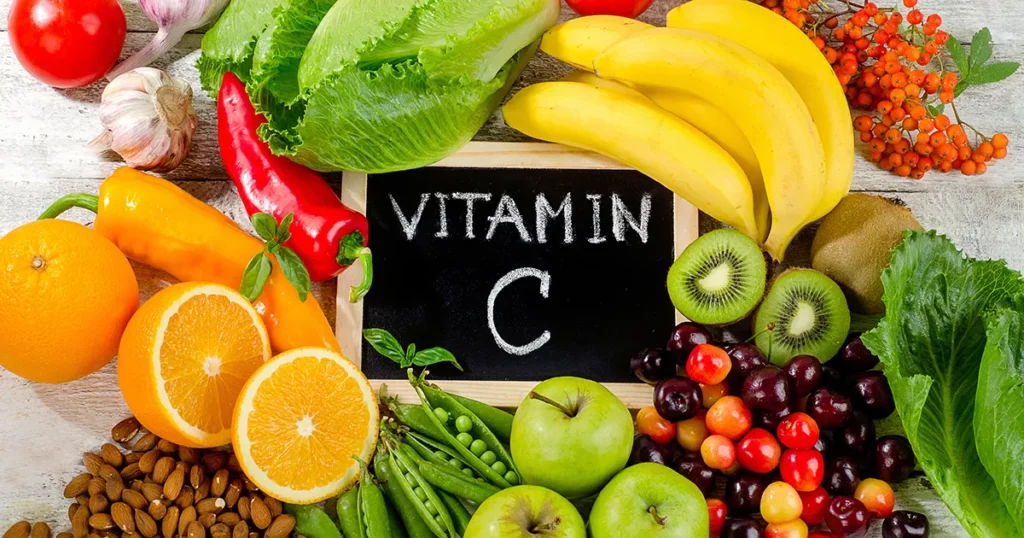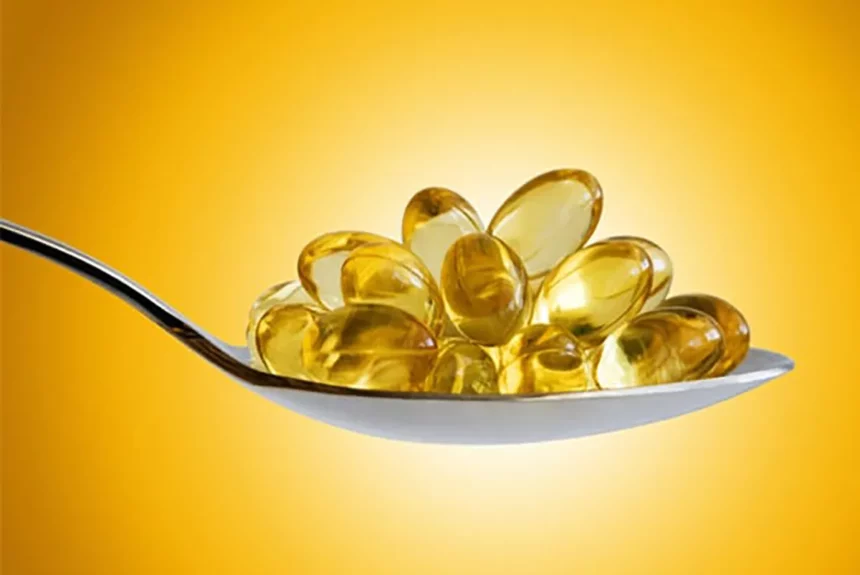Taking care of your skin should be an essential part of your health regimen. It is, after all, your body’s largest organ. The first thing most health professionals will tell you to do in order to keep your skin healthy is to limit your exposure to the sun’s harmful ultraviolet (UV) rays and wear protective sunscreen when you’re exposed to sunlight.
But the sun isn’t all bad. Just 10–15 minutes of daily exposure helps manufacture vitamin D throughout the skin. Vitamin D is one of the best vitamins for your skin, along with vitamins C, E, and K.
Making sure you get enough vitamins can keep your skin looking healthy and youthful. This could translate to a reduction in:
- Dark spots
- Redness
- Wrinkles
- Rough patches
- Excessive dryness
Vitamins are essential to your health and body functions, and vitamin deficiencies can cause adverse effects on the skin. In addition to using the appropriate topical skincare products, it is also suggested that consuming essential skin vitamins available in supplemental form can wonders for your skin.
Learn more about these four essential vitamins and how they can help you achieve optimum skin health.
Vitamin D

Vitamin D is most often made when sunlight is absorbed by your skin. Cholesterol converts to vitamin D when this happens. Vitamin D is then taken up by your liver and kidneys and transported throughout the body to help create healthy cells. This includes the skin, where vitamin D plays an important role in skin tone.
You can increase your vitamin D intake by:
- Getting 10 minutes of sun exposure a day (check with your doctor first, especially if you have a history of skin cancer)
- Eating fortified foods, such as breakfast cereals, orange juice, and yoghurt
- Taking Vitamin D supplements. You can try a dosage of Nutriplus BoneHealth which gives you 5 mcg of Vitamin D per dosage.
Read: Are you getting enough Vitamin D?
Vitamin C

Vitamin C is found at high levels in the epidermis (outer layer of skin) as well as the dermis (inner layer of skin). Its antioxidant properties, and its role in collagen production help keep your skin healthy. This is why vitamin C is one of the key ingredients found in many anti-ageing skin care products.
Taking vitamin C orally can enhance the effectiveness of sunscreens applied to your skin for protection from the sun’s harmful UV rays. It does this by decreasing cell damage and helping the healing process of bodily wounds. Vitamin C can also help fend off the signs of ageing because of its vital role in the body’s natural collagen synthesis. It helps to heal damaged skin and, in some cases, reduces the appearance of wrinkles. Adequate vitamin C intake can also help repair and prevent dry skin.
The daily recommended intake for Vitamin C is 1,000 mg per day. If you don’t get enough vitamin C in your diet, you can:
- Eat more citrus foods, such as oranges
- Eat other plant-based sources of vitamin C, such as strawberries, broccoli, and spinach
- Drink orange juice
- Take supplements
Vitamin E

Like vitamin C, vitamin E is an antioxidant. Its main function in skin care is to protect against sun damage. Vitamin E absorbs the harmful UV light from the sun when applied to the skin. Photo-protection refers to the body’s ability to minimise the damage caused by UV rays. This can help prevent dark spots and wrinkles.
Normally, the body produces vitamin E through sebum, an oily substance emitted though the skin’s pores. In the right balance, sebum helps keep the skin conditioned and prevents dryness. If you have particularly dry skin, vitamin E can possibly help counteract a lack of sebum. Vitamin E also helps in the treatment of skin inflammation.
While vitamin E is available in many skin care products, the problem is that any effects could be minimised upon sun exposure. Getting enough vitamin E in your diet is preferable.
Most adults need about 15 mg of vitamin E per day. You can increase your intake by:
- Eating more nuts and seeds, such as almonds, hazelnuts, and sunflower seeds
- Taking a multivitamin or separate vitamin E supplement
- Try Nutriplus Skinhealth a power-packed supplement which includes Lycopene – a carotenoid extract of tomatoes, wheat germ oil, and Vitamin E.
Read: Nutriplus Skinhealth — Skincare in a Capsule
Vitamin K

Vitamin K is essential in aiding the body’s process of blood clotting, which helps the body heal wounds, bruises, and areas affected by surgery. The basic functions of vitamin K are also thought to help certain skin conditions, such as:
- Stretch marks
- Spider veins
- Scars
- Dark spots
- Stubborn circles under your eyes
Adults need between 90 and 120 mg per day. You can increase your intake of Vit K by eating:
- Kale
- Spinach
- Lettuce
- Cabbage
- Green beans
While vitamins are essential for skin health, you might already be getting enough of these vitamins through your daily diet. A blood test can help determine whether you have any vitamin deficiencies.
Suggestions in these articles are only meant as guidance and are not to be interpreted as medical advice. Please always consult your doctor or other medical professionals before taking any new oral supplements.
Related









D,C,E,K required